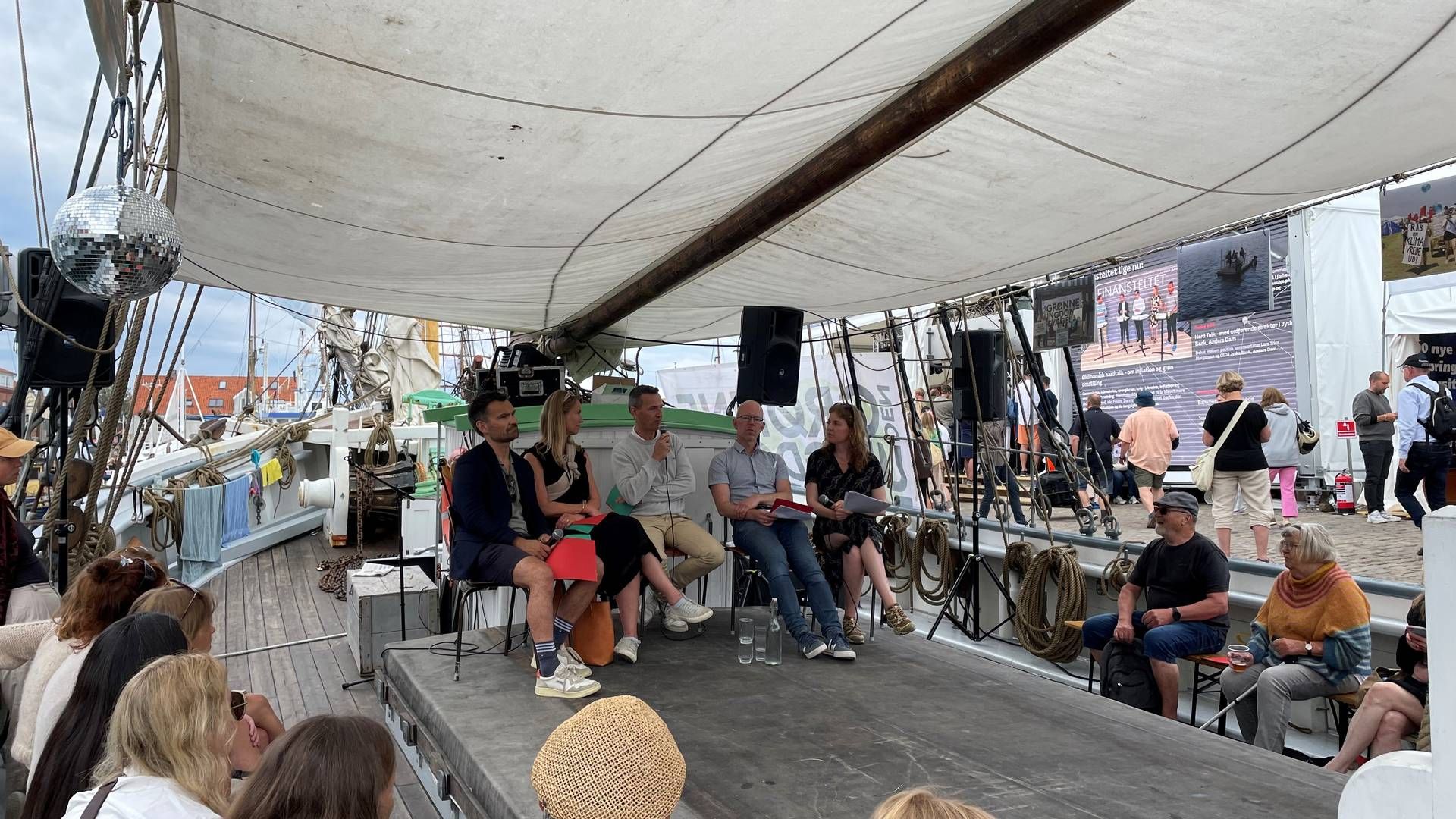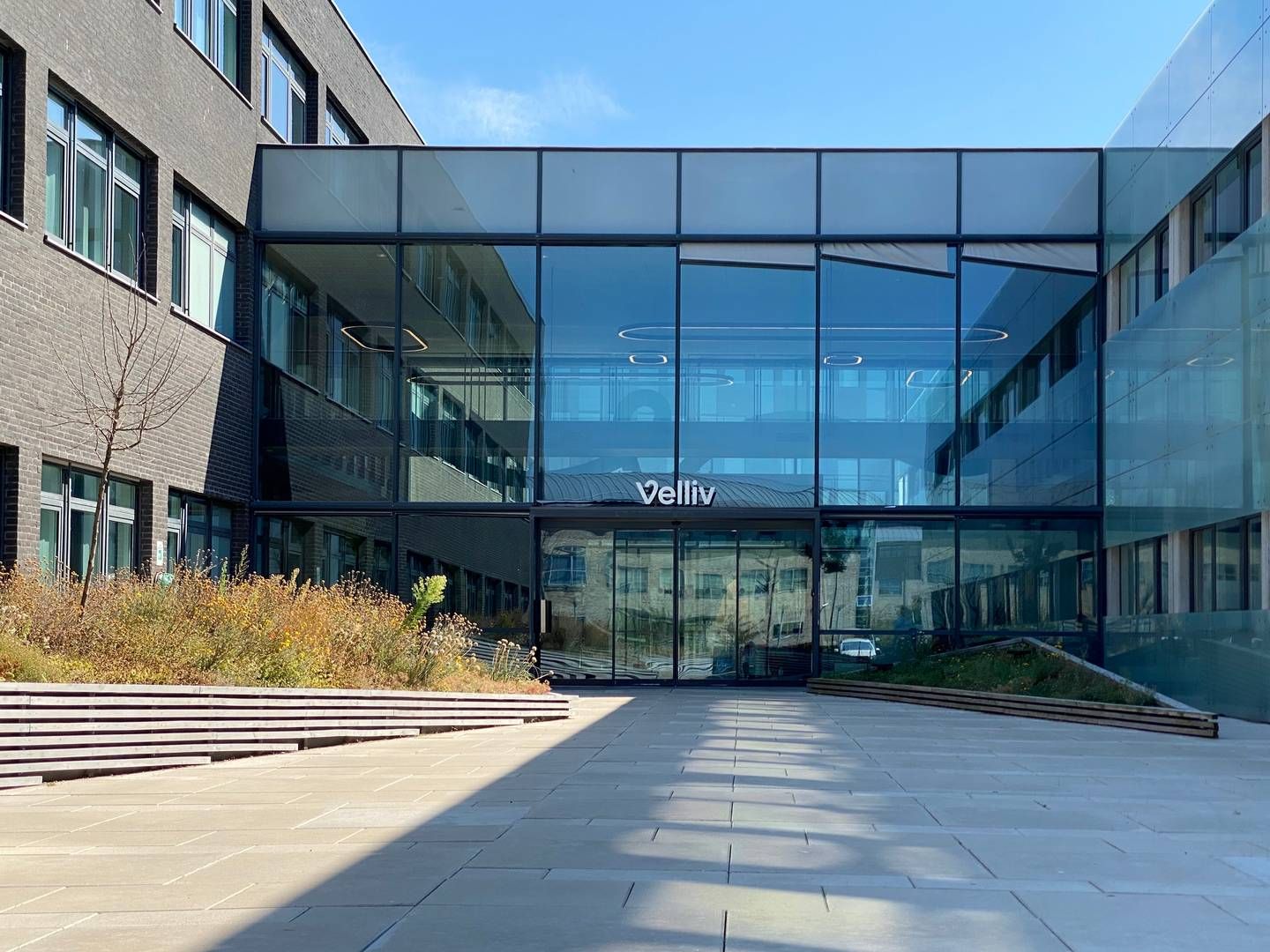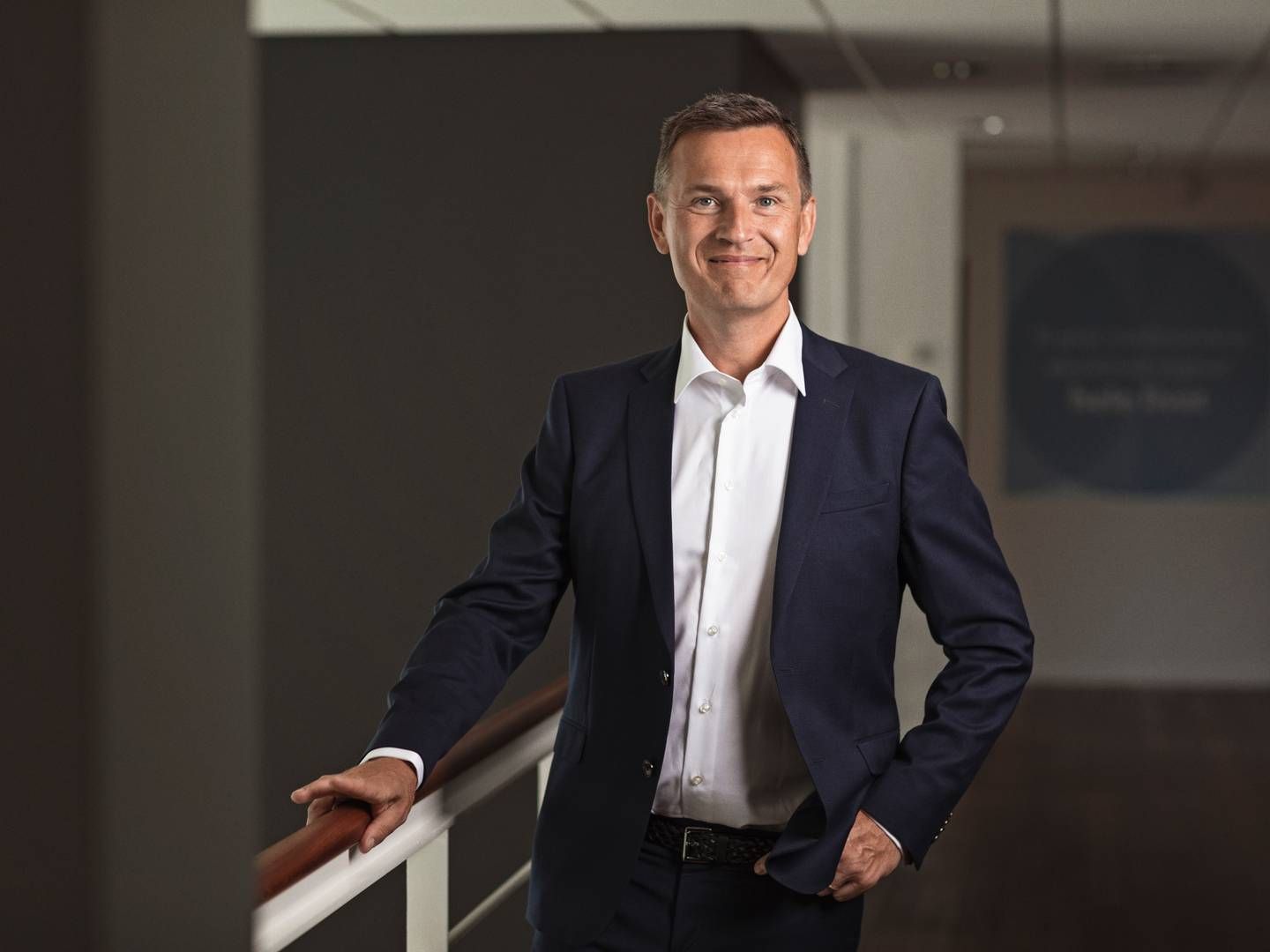Investors on active ownership: "I acknowledge that other investors can come to different conclusions"

On Thursday afternoon, a pension CIO, an asset management CEO, and a bank’s sustainability head swapped the comforts of their Copenhagen offices for a boat full of climate activists on the Danish Island of Bornholm.
Here, they took part in a debate about the effects and dilemmas of active ownership named “Active ownership, a real driver for the green transition?”, taking place at Denmark’s annual democracy festival Folkemødet.
Armed to the teeth with arguments for and against investors’ preferred approach to responsible investing, the recent decisions of PFA Asset Management, Danske Bank, and Akademiker Pension came under scrutiny.
Kristin Parello-Plesner, the group sustainability head of Danske Bank, was the first to come under fire for the bank’s lackluster support of climate measures at the AGMs of oil companies such as Norwegian Equinor.
“I think the most important thing is that we have now set up some strict guidelines for how we aim to exercise active ownership,” Parello-Plesner responded, referring to the bank’s recently adopted sustainability strategy.
“We have significantly turned up the rhetoric towards these companies during the most recent annual general meetings,” she added.
The activist group Ansvarlig Fremtid and the NGO Mellemfolkelig Samvirke recently revealed that Danske Bank has voted against climate proposals at several fossil fuel companies, while at the same time justifying fossil investments with its active ownership actions.
Good and bad oil companies
Next up, the COO of PFA Asset Management Rasmus Bessing had to defend the pension firm’s decision to enlarge its exposure to oil companies Shell and TotalEnergies during the energy crisis last year.
“We also have a basic obligation to ensure economic safety for the clients whose money we manage, and we have tried to balance these two concerns by cutting our exposure to only two companies that we believe have a credible transition strategy,” he said.
“In my opinion, you must be more selective if you want your active ownership to be credible. If I claimed to be an active investor in all the companies that we are invested in, it simply wouldn’t be credible, and that is why we are focused on fewer exposures.”
Anders Schelde, CIO of the Danish pension firm Akademiker Pension sat somewhat comfortably beside the two, knowing that he had already done what the activists asks for; divested all fossil fuels.
”The best argument for our divestment is simply that we view the companies as bad investments. I acknowledge that other investors can come to different conclusions because it is essentially a prediction of the future. But a future in which oil companies makes a good investment is not a future we wish for,” he said to much appreciation from the crowd.
Bessing and Parello-Plesner agreed that oil and gas companies showing no mitigation strides are not worth investing in, but that some European companies could be worth the hassle.
“We have to remember that, while we think our portfolio and our investments are huge, and they are big numbers when you look at them, though on a global scale, we own a tiny share of these companies. Our voice is only strong when we stand together and when we take action. And that’s also why the idea of divesting must be the last resort,” Parello-Plesner argued.
An active media strategy
Akademiker Pension has been one of the most vocal investors in its efforts to mount pressure on companies’ ESG policies. At the debate, Schelde admitted that speaking to the media has become a huge part of the pension firms’ strategy for active ownership.
“We are using the media super actively. I speak to journalists at least once a day, and I think we have seen some great effects from it. Recently we got the opportunity to meet the CFO of Toyota, Japan’s largest company. He is a man that is surrounded by security guards and flies a helicopter to work. We wouldn’t have been able to do that if I had not been talking to the Financial Times about our climate proposal,” he said.
Related articles
Velliv divests fossil investments for EUR 450m
For subscribers
















